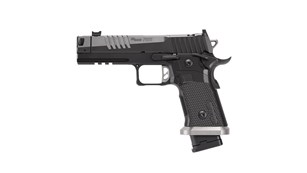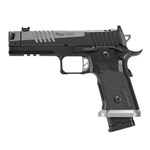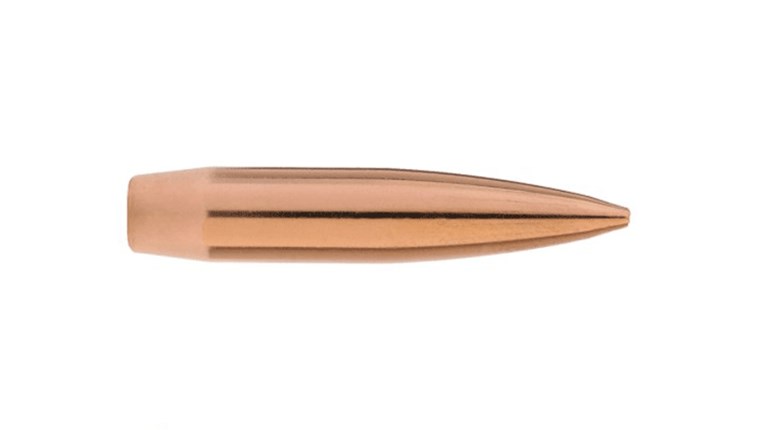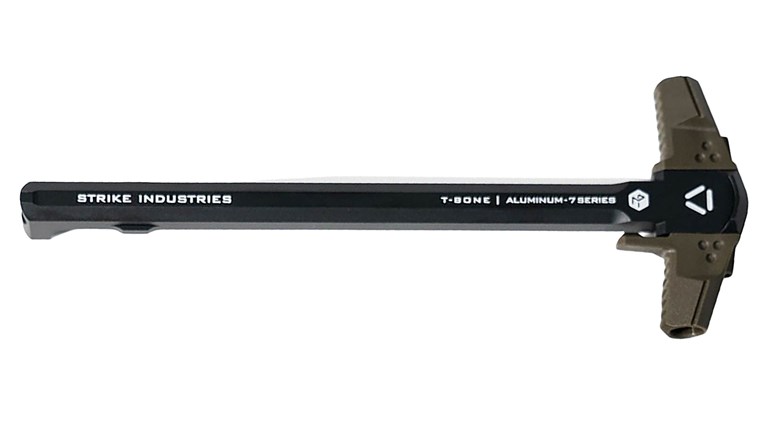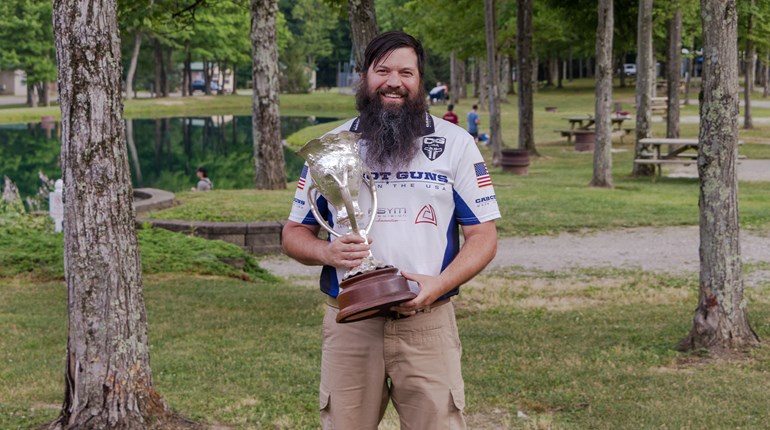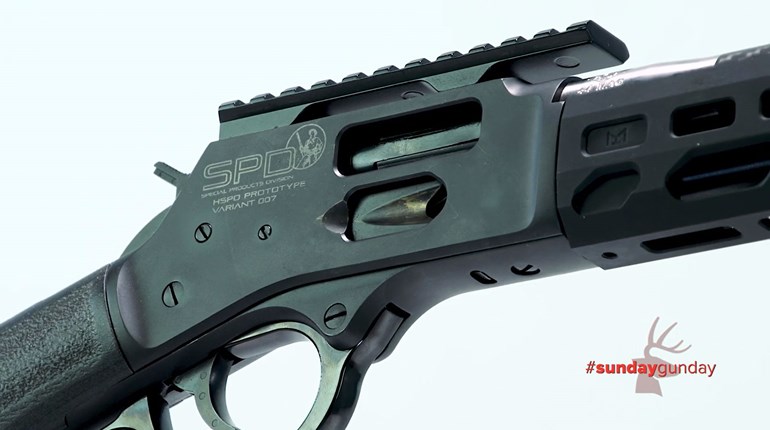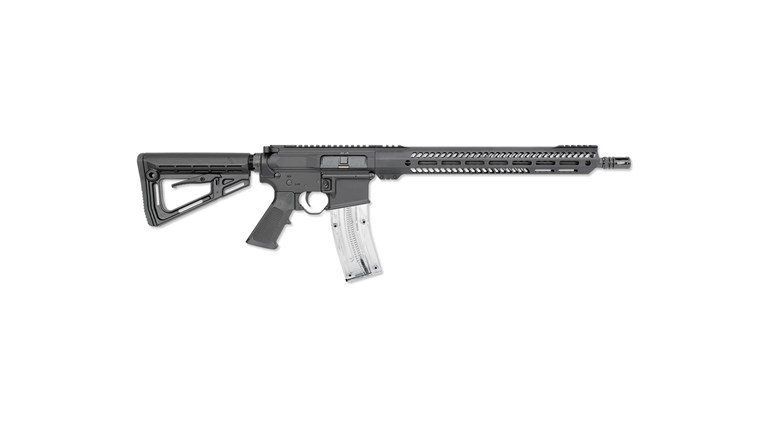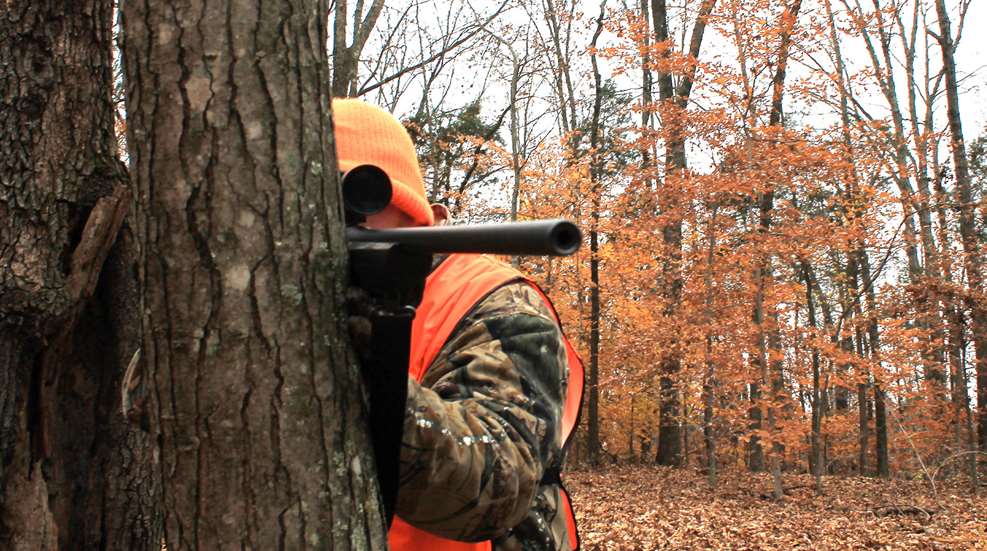
Time stands still as crosshairs dance atop the vitals of a white-tailed deer. Breathing slows, and so do the circular motions of the rifle. Circles tighten and breathes shallow with each passing millisecond, all while a creeping fingertip flirts with the trigger. Finally, a surprise break, and the roar commands the attention of all within earshot. One clean shot. One quick kill. Decades of practice.
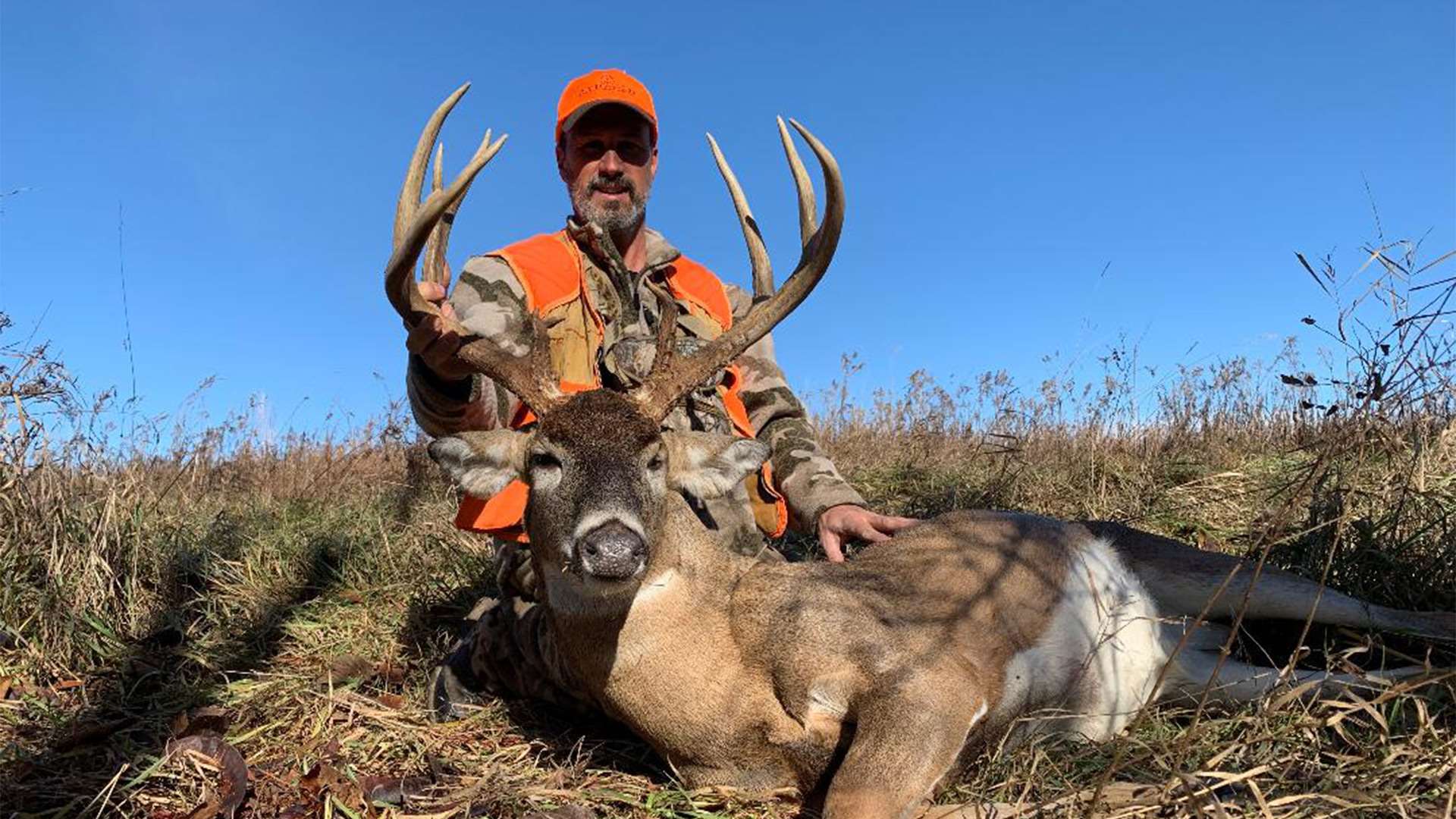
Two Gurus and a Hobby
Few gun experts know more about competitive shooting than Doug Koenig and Bruce Piatt. They also know their way around wild game. If their crosshairs or sights meet a target or warm body, it generally dies.
“I’ve been shooting since I was a kid,” Piatt says. “I started competitively in the early 1980s, mainly up and down the East Coast. I started traveling the entire country. If it goes bang, I’ve shot and competed in it. I’ve won the Bianchi Cup six times, including in 2020, among other titles.”
He also served as a full-time police officer from 1986 to 2018. Now retired from that, he has more time to spend competing and hunting, too.
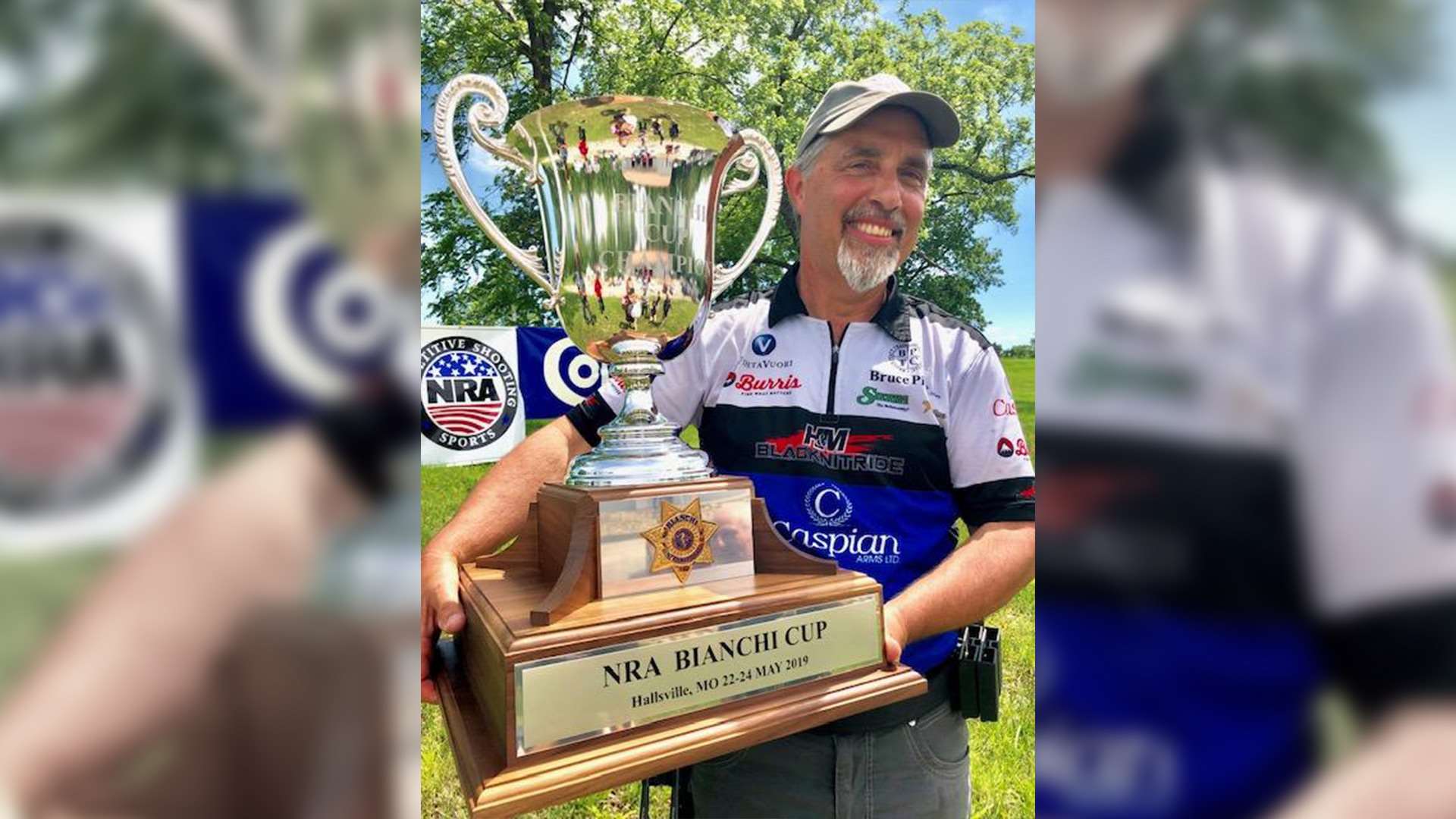
Koenig has been a competitive shooter for 33 years, and professionally since 1990. He’s won more than 80 national or world championships, in all disciplines—including the Bianchi Cup a record 18 times.
“I started out as a hunter,” he says. “I still hunt. That’s a big part of my TV show—'Championship Season'—on Pursuit Channel. We do half competitive shooting and half hunting.”
The competition world has taken both men around the world, such as Australia, Germany and New Zealand. But they both love hunting, and each of them truly believes being a competitive shooter gives them an edge against wild game. Here are eight reasons why.
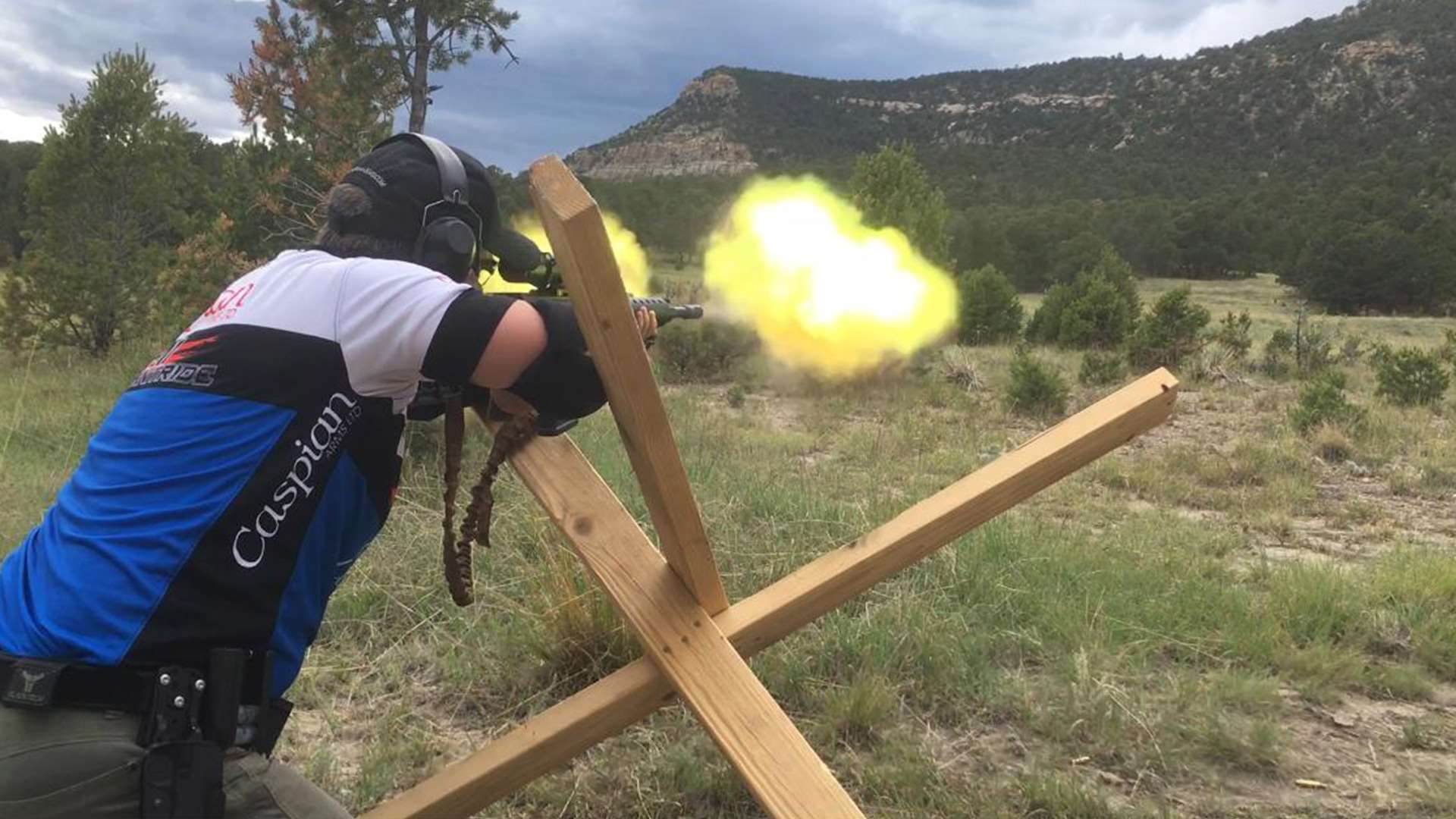
1. Learning Equipment
Hunters who don’t understand their tools are begging for disaster. Guns and bows alike are mechanical, and knowing how to recognize, diagnose and fix a problem is important, especially during a hunt. That means something to Piatt, and he even teaches the importance of understanding firearm mechanics.
“I’ve taken tips and tricks from every gunsmith I could listen to, and incorporated it into one big lesson,” Piatt says. “We do a five-day class. At the end of it, you’re shooting the gun you made with your own two hands.”
“Know your equipment,” Piatt continues. “Take your hunting gun to a sporting-clays course and practice with it. Even, competing with your hunting gun will make you more effective with it as a hunter.”
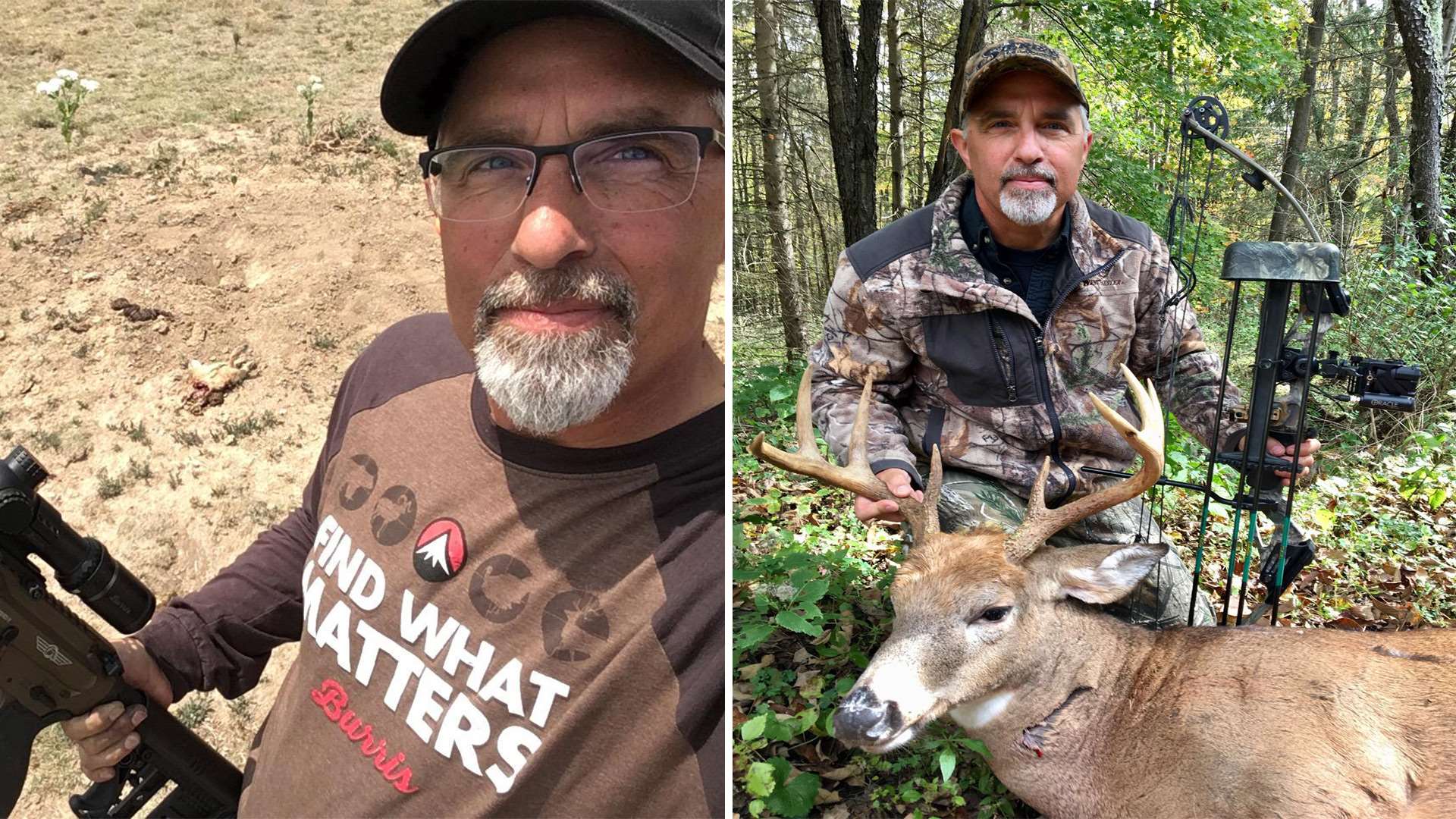
2. Practicing Mechanics
Like with any discipline, a solid foundation rooted in good mechanics is critical for consistent success. Koenig says people commonly get in their own way of establishing these building blocks. He implores men and women alike to leave the egos at the door.
“They feel like they’re automatically supposed to be a great hunter, shoot well and kill stuff,” Koenig says. “You still have to learn the basic skillsets. You have to train.”
3. Conducting Reps
Good shooting form and muscle memory are one and the same, but their relationship is parallel to two knuckleheaded dudes at the gym. They don’t mesh at first, but once they do, best friends for life.
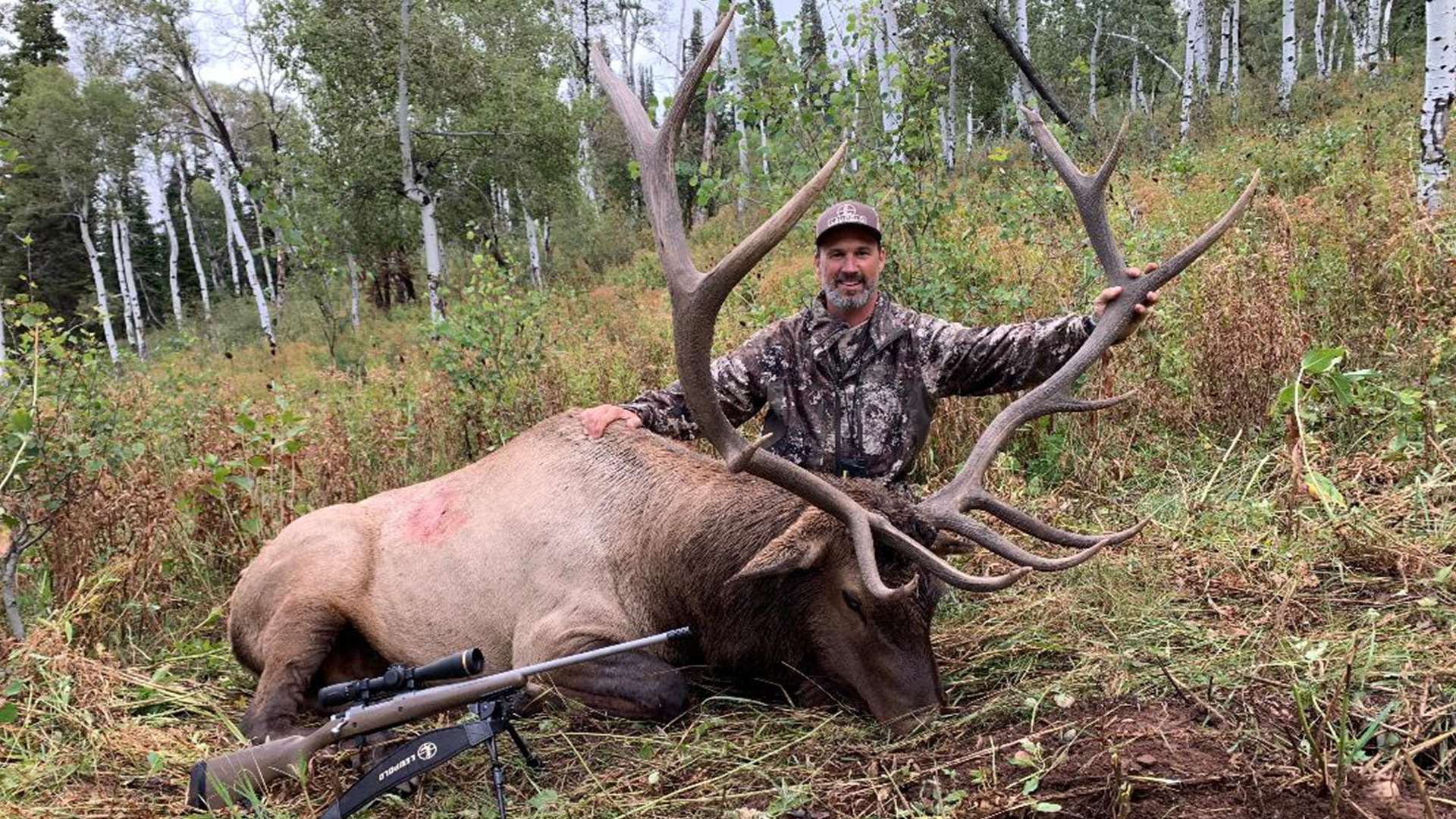
General prep, firearms training, dry-fire practice, all of these things and more carry over. They mean something.
“The trigger pull, the breathing, all of that stuff is something I’ve done so much that it never even enters my mind,” Koenig says. “I just pick my spot and execute the shot. It’s subconscious for me. Competition is a fantastic year-round way to train.”
4. Mimicking Reality
Like most competitions, many shooting events are designed to be like the real thing. This is especially true with shotgun events.
“If you’re a sporting-clays shooter, the courses are set up to mimic exactly what happens in the field,” Piatt says. “They have a teal target that mimics teal birds. They have wall crossers mimicking pheasants in the field, or ducks or geese coming across the blind. When I go hunting, many of the shots are easy for me because I’ve seen the flight pattern in competition. I know when to take the shot, and when to hold up.”
He says, if you do that over and over again in competition, you can make a good shot in the field. Many times, in some ways, these shots in competition are actually harder than those in the woods.
5. Practicing Positions
Koenig and Piatt leave no stones unturned. When prepping for competitions and matches, they hone every aspect, and every skill. These sessions also improve skills for the field.
“You’re taking your long guns and putting them in different positions, just like you would in the field,” Piatt says. “While deer hunting, you aren’t sitting on a bench. You aren’t relaxed. You’re pumped up. You’re also used to odd positions that matches put you in. You know what you can get away with, and you know what you can do.”
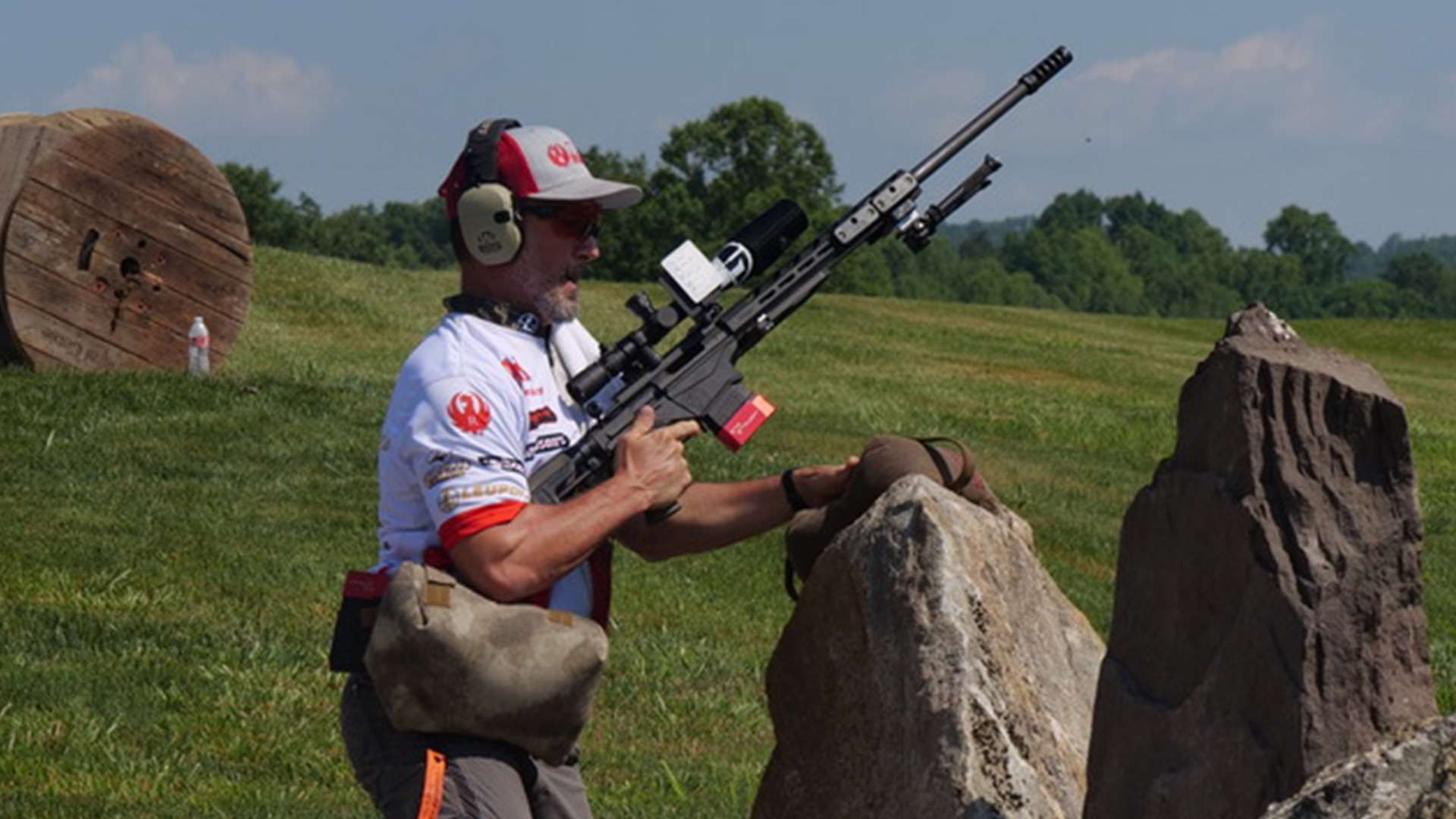
From equipment preparation to practice, everything carries over. Habitual warm-up routines make a difference for competitors and hunters alike.
“Before a big hunt, I’ll shoot 50 to 100 shots—in different positions—through my hunting rifle just to wring out my gear,” Koenig says. “Most people who don’t compete might only shoot a box of shells before they hunt.”
6. Reloading Faster
Learning how to reload rapidly is another beneficial skill for many hunters, especially waterfowl and upland bird enthusiasts. Being able to effectively and safely reload can result in filled bags and tags, or capitalized second chances.
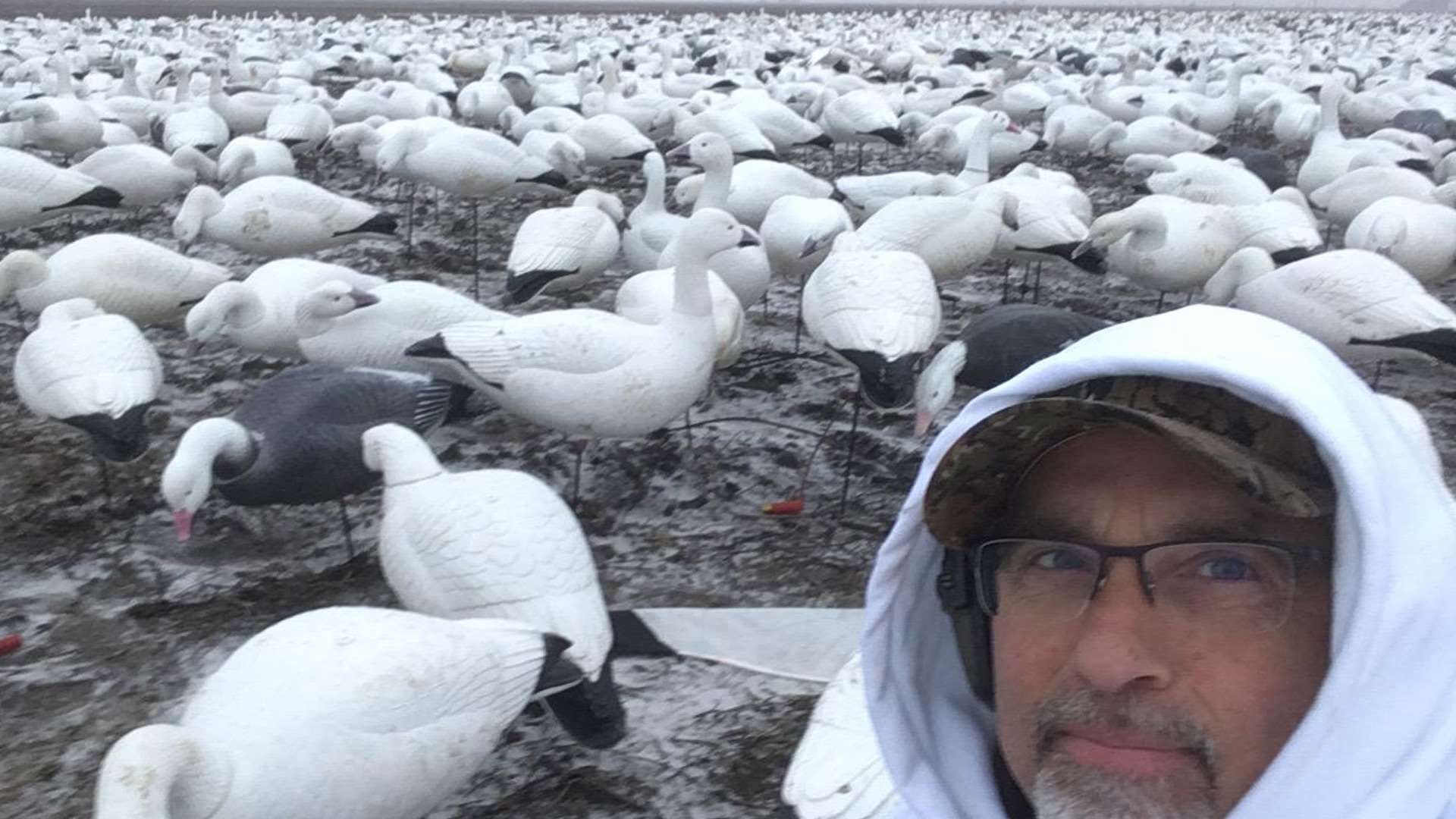
“Snow goose hunting, in Illinois, there’s no limit,” Piatt says. “You can shoot as many as you want, and the farmers encourage it. When a tornado [of geese] is coming down, you can keep shooting. You load and shoot as fast as you can. We do it really fast in competition and you can use the same shotgun out in the field. If you can do it in competition under stress, when it’s time to do it in the field, it’s just that much easier.”
7. Beating Buck Fever
Most hunters, and even non-hunters, are aware of buck fever. For those unfamiliar, it’s adrenaline pumping through your veins. Stress peaks, resulting in muscular shaking and poorer shooting. Competitors experience this stress regularly. But, like veteran hunters, they also learn to manage it.
“I teach my students, a lot of the time they’ll start shaking, and all of a sudden realize they’re shaking, and they’ll shake even more,” Piatt says. “It builds. But if you let it happen and do what you have to do, it won’t build. But everyone shakes.”
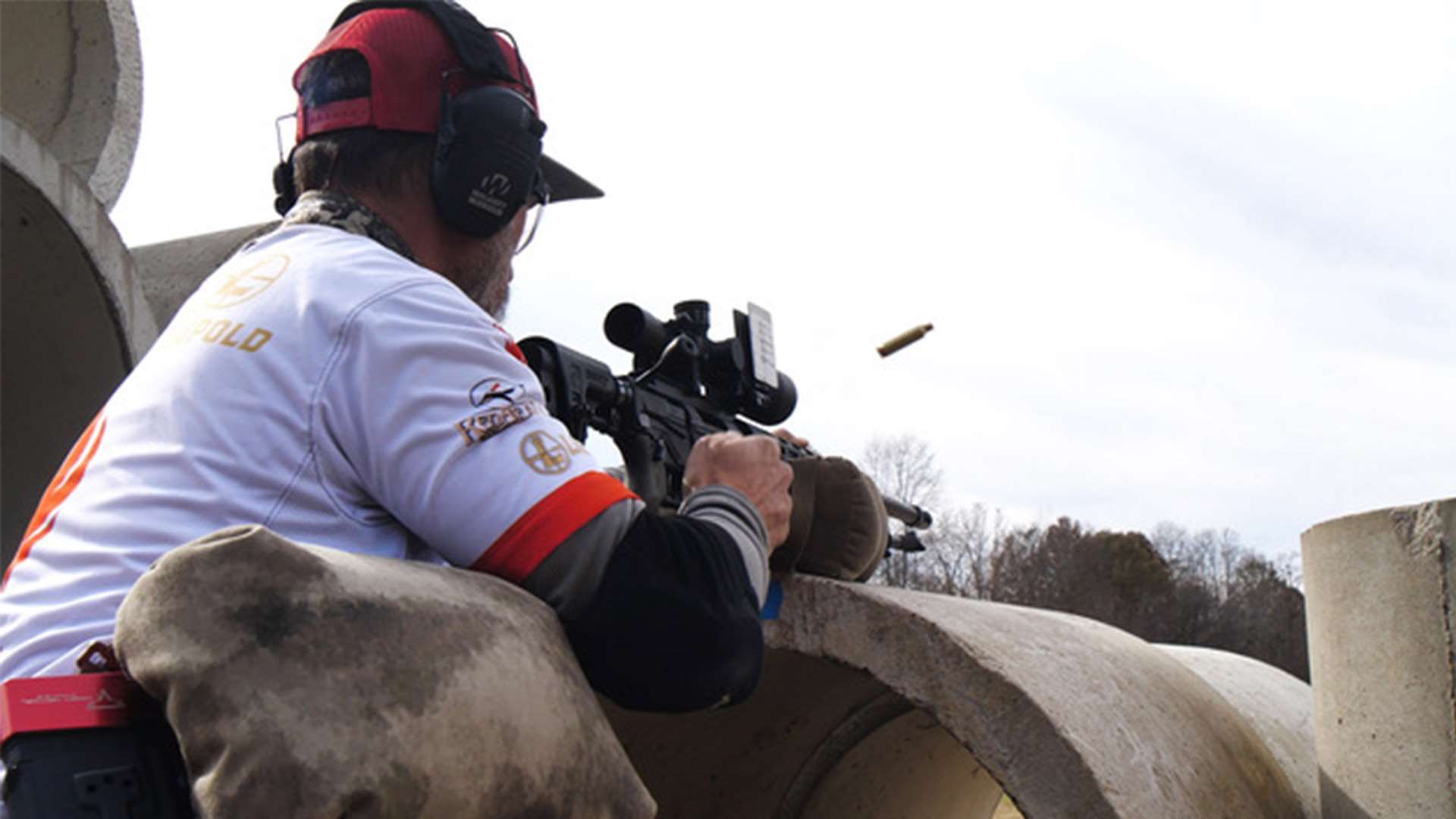
8. Understanding Ethics
Finally, seeing and executing an ethical shot is the final act in beating buck fever. Koenig says, once an animal is in front of you, it’s not as hard as if you haven’t done any training at all. A major aspect of this skill is knowing personal limits, though. Repeated range time and competitions help shape that.
“You have to make an ethical shot,” Piatt says. “If you’re not a competitive shooter and you’re just a hunter, many think just going out to the range or sitting on the bench in a relaxed situation is enough. But when you’re 3-gun shooting, and when you’re a competitive shooter, you’ve taken your shooting and added stress and competition. You know what your equipment does when the time comes to make an ethical shot.”
More to Learn
While being a professional shooter doesn’t guarantee a dead bird, buck or bull, it certainly helps from a firearms perspective. Still, there is much more to learn about hunting.
“As a hunter, [competitive shooting] doesn’t help get closer to a deer,” Koenig says. “But it helps once they get the opportunity to take the shot.”
The more trigger time someone has—professionally or recreationally—the better their chances of making that bullet or broadhead count. Even amateur shooters serve to benefit from competition.
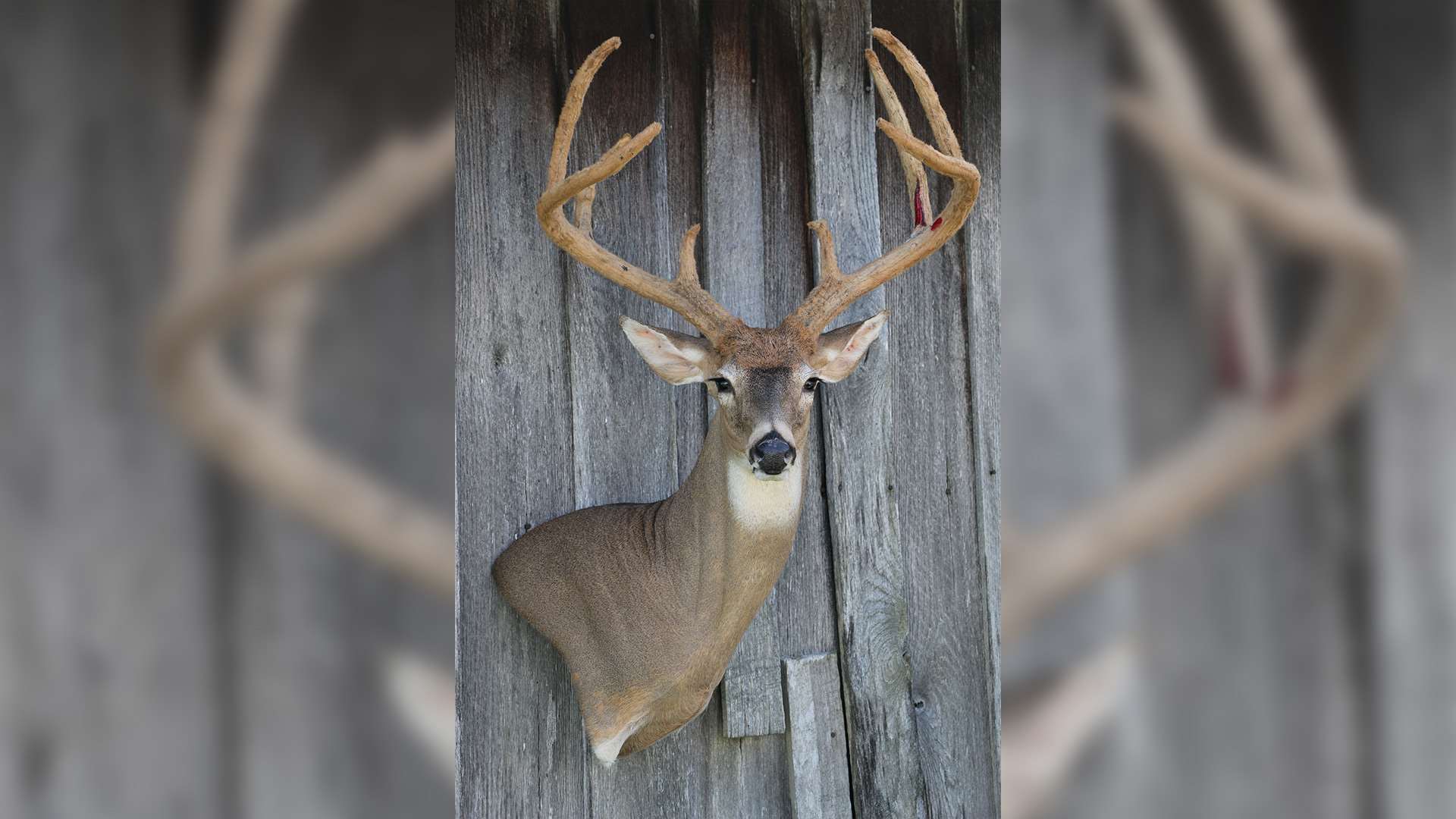
“Say you’re a hunter, and you don’t competitively shoot,” Piatt says. “There’s no reason why you can’t take your hunting guns and try your luck in a competitive field. Most everyone there will help you out.”
Regardless of one’s background, if they love the outdoors, they’ll likely love the courses and ranges the likes of Koenig and Piatt commonly find themselves on. It’s a synonymous lifestyle to hunting.
“Hunting season is what got me into competitive shooting,” Koenig says. “You wait all year, do all the prep, and go out the first day. Sometimes it happens quickly and it’s all over. I wanted something the rest of the year. And when I found competitive shooting, that’s exactly what it did for me.”
Read more: The Yackleys: America’s Shooting Family





